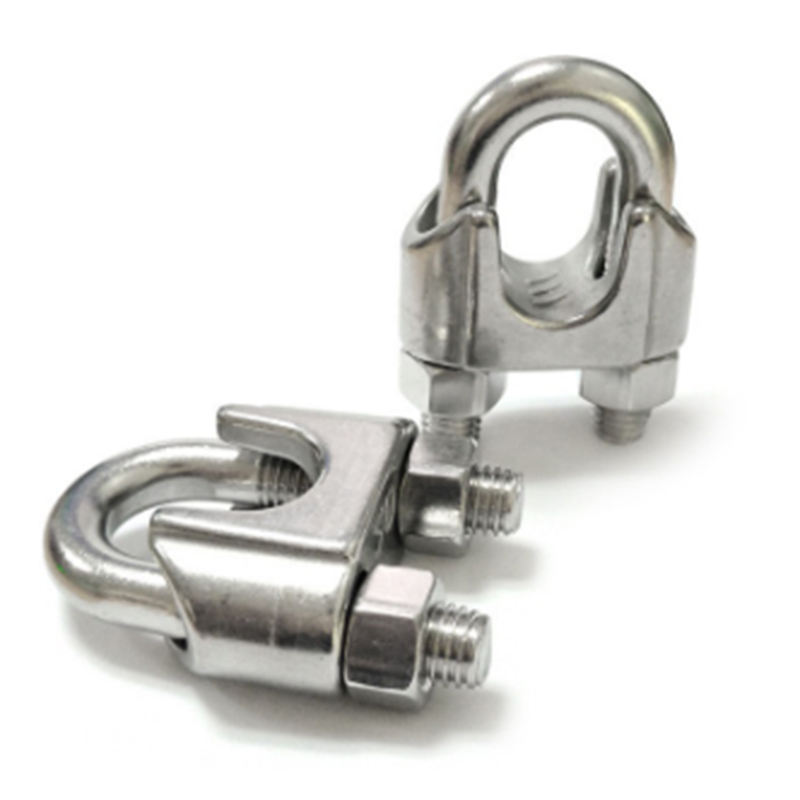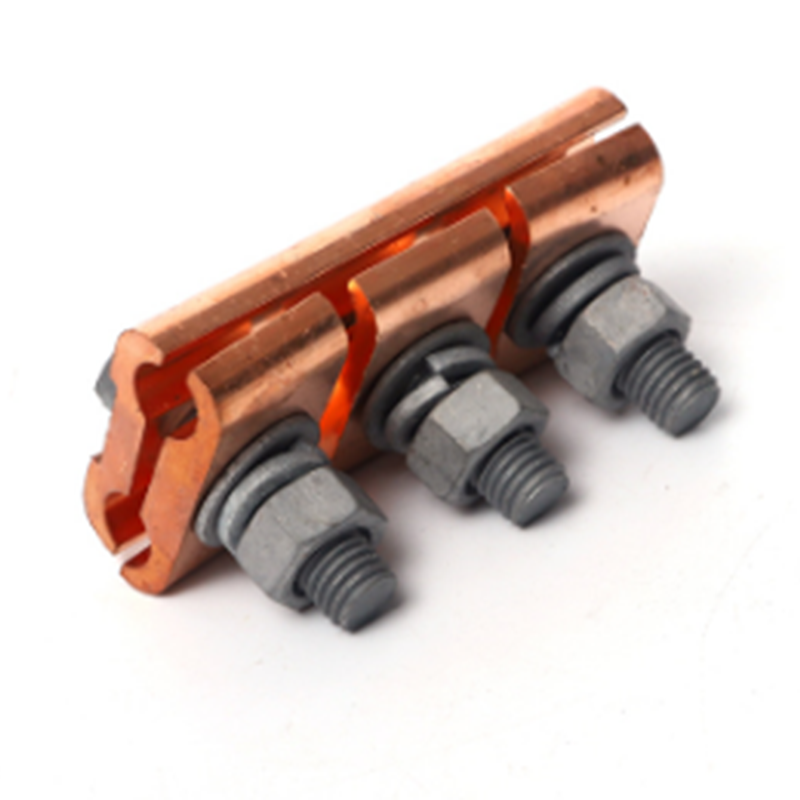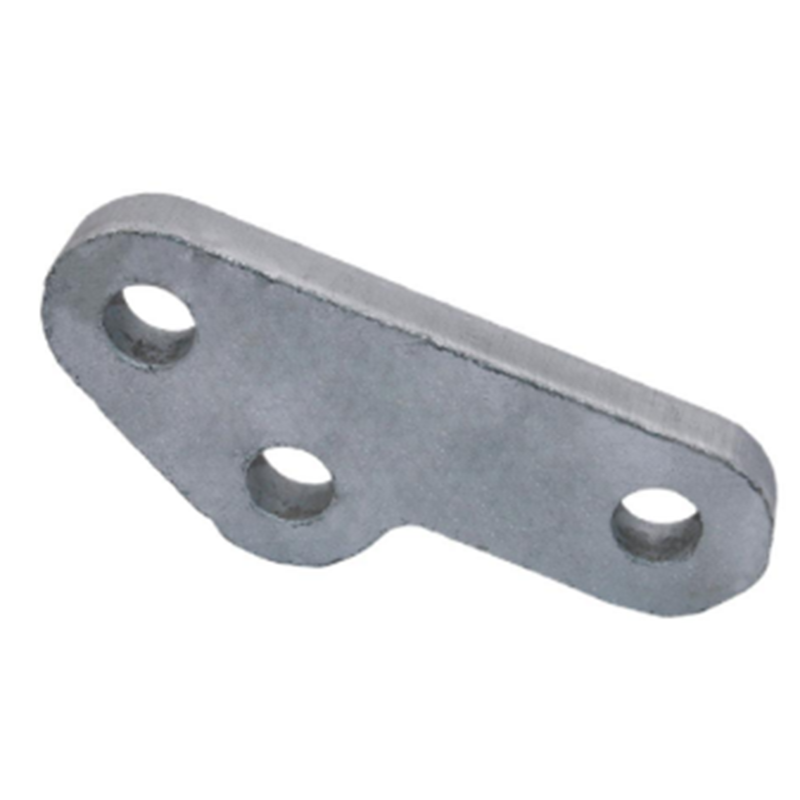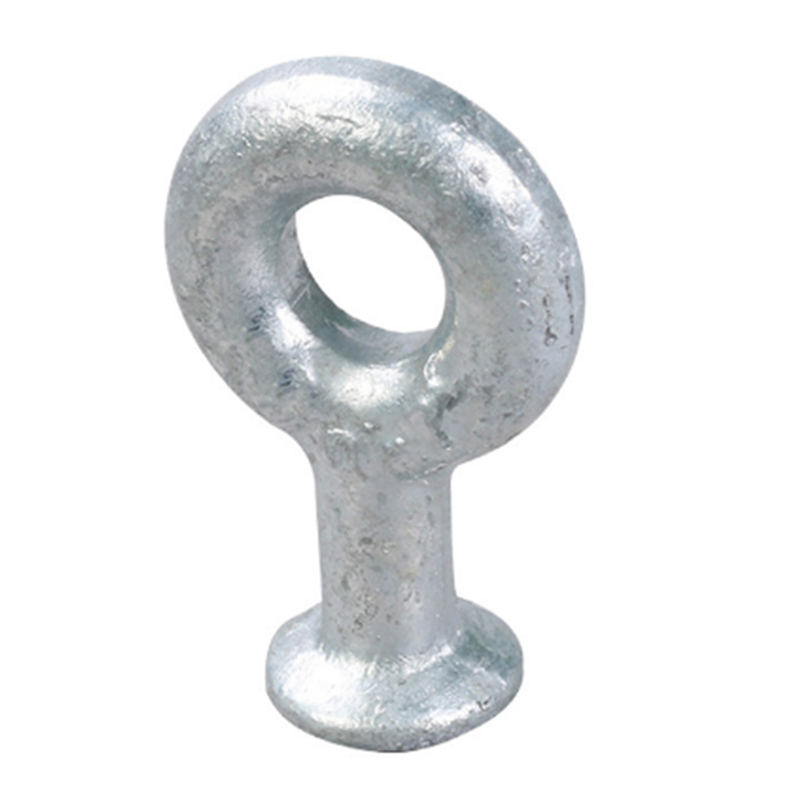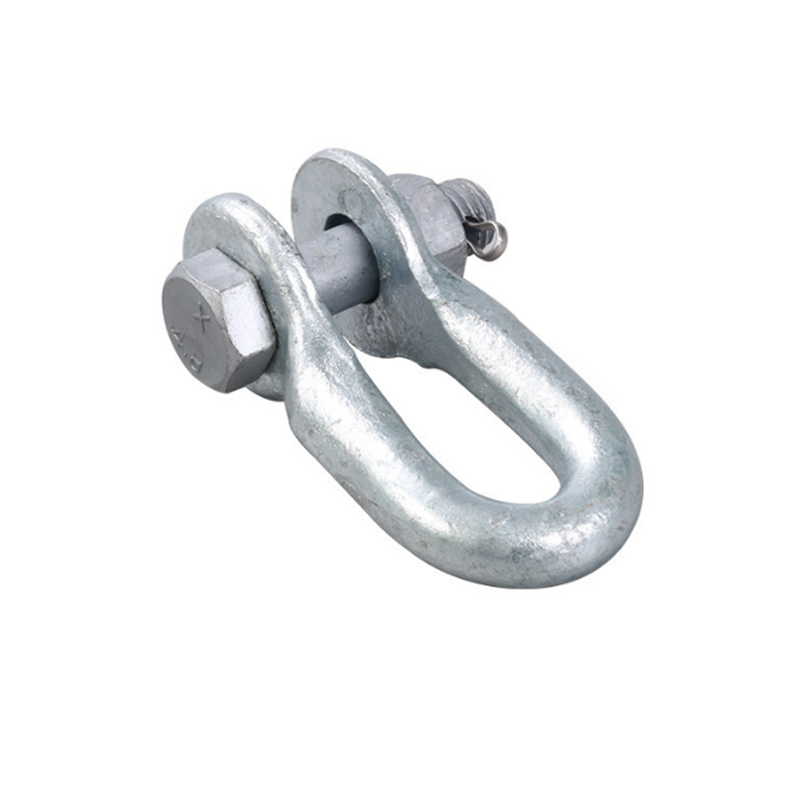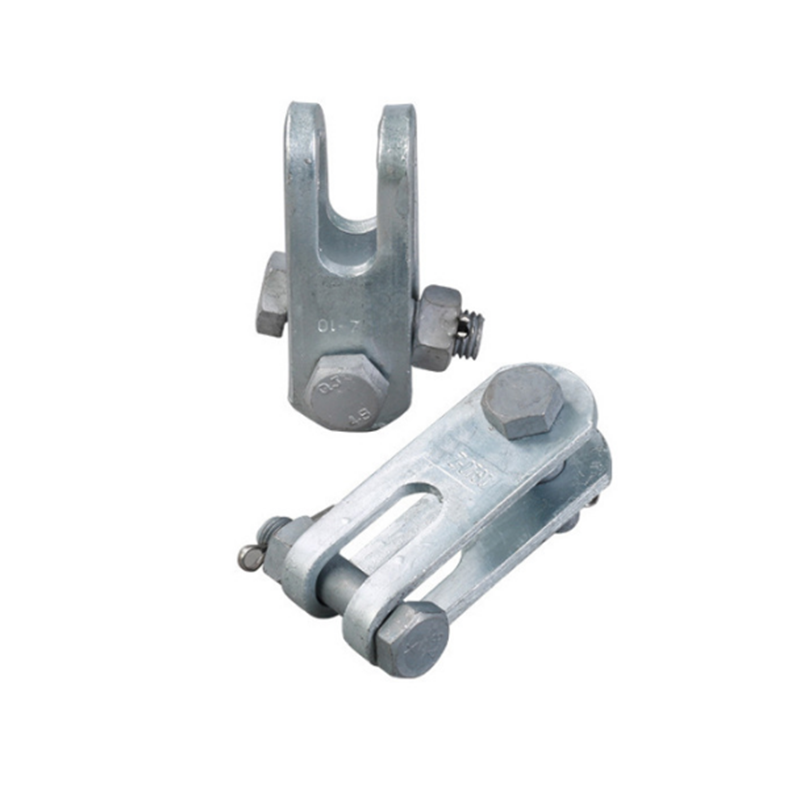- Chinese
- French
- German
- Portuguese
- Spanish
- Russian
- Japanese
- Korean
- Arabic
- Irish
- Greek
- Turkish
- Italian
- Danish
- Romanian
- Indonesian
- Czech
- Afrikaans
- Swedish
- Polish
- Basque
- Catalan
- Esperanto
- Hindi
- Lao
- Albanian
- Amharic
- Armenian
- Azerbaijani
- Belarusian
- Bengali
- Bosnian
- Bulgarian
- Cebuano
- Chichewa
- Corsican
- Croatian
- Dutch
- Estonian
- Filipino
- Finnish
- Frisian
- Galician
- Georgian
- Gujarati
- Haitian
- Hausa
- Hawaiian
- Hebrew
- Hmong
- Hungarian
- Icelandic
- Igbo
- Javanese
- Kannada
- Kazakh
- Khmer
- Kurdish
- Kyrgyz
- Latin
- Latvian
- Lithuanian
- Luxembou..
- Macedonian
- Malagasy
- Malay
- Malayalam
- Maltese
- Maori
- Marathi
- Mongolian
- Burmese
- Nepali
- Norwegian
- Pashto
- Persian
- Punjabi
- Serbian
- Sesotho
- Sinhala
- Slovak
- Slovenian
- Somali
- Samoan
- Scots Gaelic
- Shona
- Sindhi
- Sundanese
- Swahili
- Tajik
- Tamil
- Telugu
- Thai
- Ukrainian
- Urdu
- Uzbek
- Vietnamese
- Welsh
- Xhosa
- Yiddish
- Yoruba
- Zulu
- Kinyarwanda
- Tatar
- Oriya
- Turkmen
- Uyghur

Locking bolts and nuts
Understanding Locking Bolts and Nuts: An Insider's Perspective
Locking bolts and nuts are often overlooked until they fail, leaving you in a bind. In the world of fasteners, their proper use is crucial, yet misunderstandings abound. Here, we delve into the intricacies and share hands-on insights from the field.
Introduction to Locking Mechanisms
At Shengfeng Hardware Fastener Factory, situated conveniently near National Highway 107 in Hebei's Yongnian District, we encounter numerous inquiries about the effective use of locking bolts and nuts. We've seen the confusion that often surrounds these components. Many in the industry don’t realize how critical their proper application is for ensuring machinery stability.
The thing with locking mechanisms is that they’re all about maintaining tension. When assembled correctly, they prevent unwanted loosening which can lead to equipment failures. But let's not get ahead of ourselves; not every type of bolt or nut fits every need. Understanding the scope of your project helps narrow down the appropriate choices.
Our factory manufactures an array of fasteners, and I can tell you from experience that it's not just about the right bolt, but the right application. That’s what saves a lot of headaches down the line.
Common Issues and Misconceptions
One common misconception about locking bolts and nuts is that they can be over-tightened for extra security. This couldn’t be further from the truth. Over-tightening can strip threads or cause fractures in the fasteners, compromising their strength.
I recall an instance where an overzealous technician insisted on using sheer force for 'security'. It ended up costing more in damage control. Always respect the manufacturer’s torque specifications; they're there for a reason.
Another pitfall is the assumption that all locking nuts are reusable. Not all of them are, especially nylon-based nuts. Repeated use can degrade the material's locking capabilities. Always inspect reused components carefully.
Choosing the Right Fastener
Within Shengfeng Hardware, we've developed over a hundred specifications, focusing primarily on spring washers, flat washers, nuts, and expansion bolts. But selecting the right fastener goes beyond just specs; it involves understanding the environment it will operate in.
For instance, in corrosive environments, stainless steel or coated fasteners are often recommended. Ignoring the environment can lead to premature failure, something a customer of ours in a coastal area learned the hard way.
It’s also crucial to match bolt grades with their corresponding applications. Using a lower-grade bolt in a high-stress context is asking for trouble. We've seen projects saved just by switching to a high-tensile option more suited for the job.
Installation Techniques and Best Practices
Installation is as critical as selection. Simple techniques such as using a thread locker or ensuring the surfaces are clean can significantly affect performance. We once had a customer issue where contamination caused a bolt to loosen despite using a locking nut.
Our advice? Don’t skimp on the preparatory steps. Clean threads and proper use of thread locking compounds make a world of difference. Always use a calibrated torque wrench for tightening. It’s surprising how often this step is ignored, leading to unsatisfactory results.
When in doubt, consider hiring a professional. We provide consultation services through our website, https://www.sxwasher.com, offering guidance tailored to your specific needs.
Conclusion and Expert Advice
In summary, when dealing with locking bolts and nuts, remember that correct choice, application, and ongoing maintenance are your best friends. It’s not a one-and-done type of component; it requires respect and understanding.
If you remember nothing else, just appreciate that these seemingly small components can ruin entire projects if neglected. The devil, as they say, is in the details. At Shengfeng Hardware Fastener Factory, we take pride in guiding our customers to make informed decisions, leveraging our geographic advantage and experience.
Finally, whether you're an industry veteran or a newcomer, never hesitate to ask questions or seek expert advice—it can save you time, money, and a lot of frustration.
Соответствующая продукция
Соответствующая продукция








